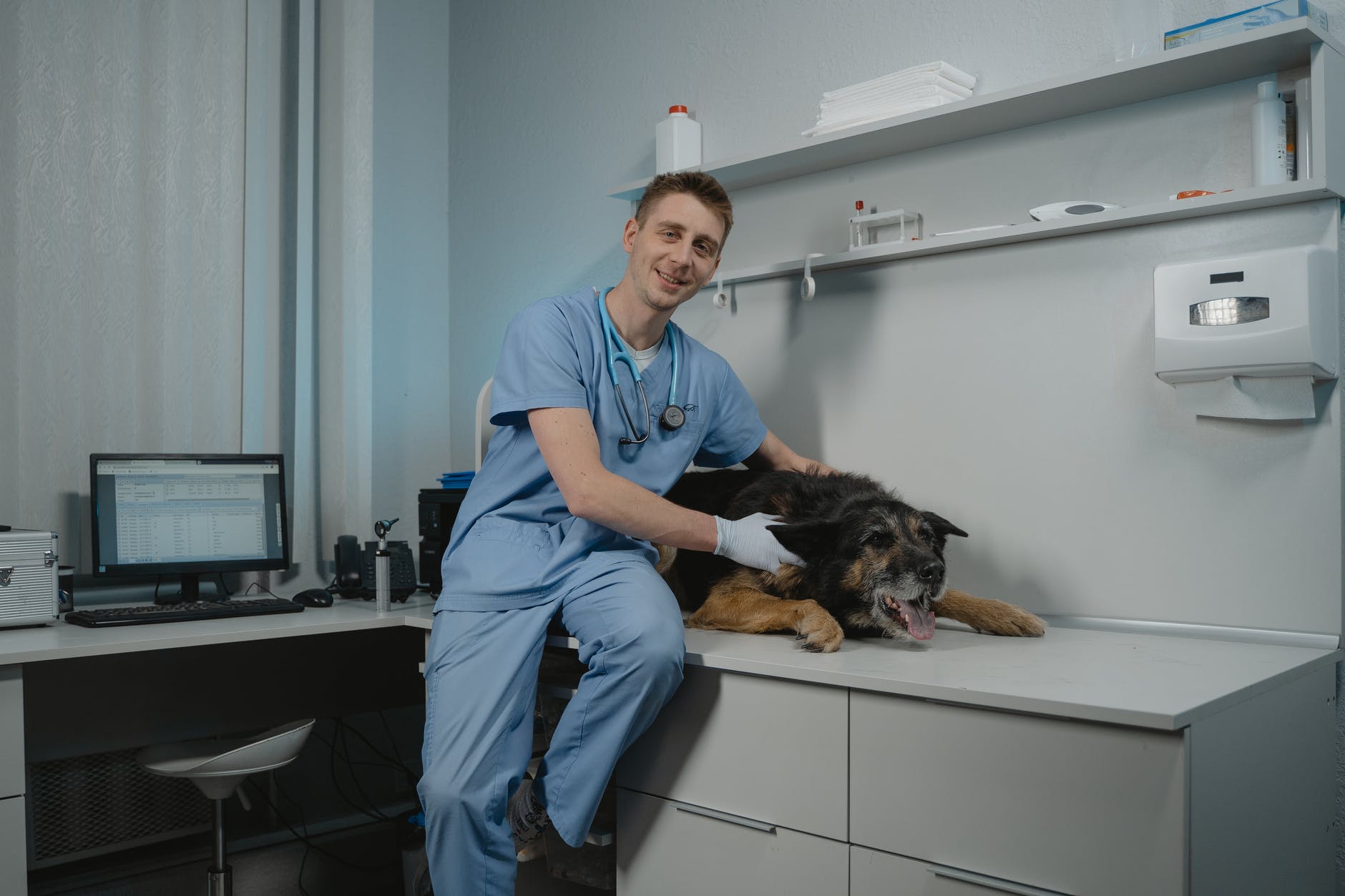If you are a proud pet parent, you understand how much joy they bring to our lives. As responsible pet owners, we want them to live long and healthy lives. This is where internal medicine for pets can play a critical role.
Let’s delve into the world of veterinary internal medicine, unravel its importance, and discover how it promotes pet health and longevity.
The Role of a Veterinary Internist
A veterinary internist is a specially trained professional focused on diagnosing and treating diseases affecting pets’ internal organs. Internal medicine, a branch of veterinary care, is a multidisciplinary field addressing various health issues.
Education and Advanced Training
Becoming a veterinary internist isn’t easy. After their initial veterinary training, these professionals must undergo advanced training, gaining specialized knowledge and skills. Once training is completed, these internists are board-certified, meeting strict criteria outlined by the American College of Veterinary Internal Medicine (ACVIM).
Diagnostics and Treatment
Diagnosing a health issue may require using some of the latest advancements in veterinary medicine. Veterinary internists use different tools for examination, such as Ultrasound or endoscopy, to get a detailed understanding of the pet’s internal systems. In veterinary internal medicine, pet acupuncture is an emerging practice.
When performed by specialists like the vets in Lancaster CA, this procedure has been praised for its benefits, including pain management, easing muscle spasms, and promoting healthy organ function.
Understanding Internal Medicine for Pets
Preventive Pet Care
Preventive pet care is an integral aspect of internal medicine. It focuses on disease prevention and emphasizes comprehensive health and wellness. Part of preventive pet care is regular vaccines or pet vaccinations. For instance, when searching for “dog vaccinations near me” online, you will find professional vet clinics that provide such services, keeping your favorite companion protected from various diseases.
Fighting Complex Diseases in Pets
Veterinary internists are equipped to manage complex diseases, such as gastroenterology issues and endocrinology disorders in pets. They also have the expertise to treat hematology and urology in pets, effectively managing underlying health issues.
Role of Internal Medicine in Various Aspects of Pet Health
Respiratory and Cardiovascular Health in Pets
A veterinary internist plays a significant role in pet nephrology and infectious diseases, managing diseases and mapping out effective treatment plans. Pet respiratory conditions and cardiovascular health are also areas of excellence for these professionals.
Treating Hematology and Cancer in Pets
Hematology, the study of blood disorders, is another important aspect of internal medicine. Veterinary internists are proficient in diagnosing and treating various conditions that can occur in a pet’s blood system. Cancer in pets is an unfortunate reality.
Well-trained veterinary internists in facilities like Sears Veterinary Hospital, specializing in oncology can take the lead in creating a comprehensive treatment plan personalized for each pet’s unique cancer type and stage.
The Health Benefits of Veterinary Internal Medicine
Waging War Against Chronic Conditions in Pets
As pets age, the likelihood of them developing a chronic condition increases. Here, internal medicine plays a pivotal role. From arthritis to diabetes management, veterinary internists provide invaluable support in dealing with chronic conditions.
How Internal Medicine Helps in Pet Aging and Diseases
As pets gracefully age, various age-related conditions and diseases inevitably emerge. Pet aging and disease can be challenging for both the pet and its owner, largely because of the complexities associated with this natural phenomenon. This is where the role of internal medicine for pets comes into play, where veterinary internists illustrate their expertise.
- Detection and Diagnosis: A critical part of veterinary internal medicine is detecting problems early during regular check-ups. Early detection often leads to more effective management and even the elimination of future complications.
- Chronic Disease Management: Chronic conditions become more prevalent in a pet’s golden years—these range from heart disorders, arthritis, poor vision, and even kidney disease. Veterinary internists are experts in managing these chronic conditions, ensuring the pet remains comfortable and healthy.
- Nutrition and Dietary Recommendations: As a pet age, its nutritional needs significantly change. A veterinary internist can make specific diet recommendations that align with the pet’s new nutritional needs to promote overall health and longevity.
- Pain Management: Conditions such as arthritis or hip dysplasia can bring unbearable discomfort in elderly pets. Veterinary internists can prescribe pain management therapies to help alleviate this discomfort, allowing your pet to remain active and content.
- Transformative Treatments: The expertise of veterinary internists allows them to employ transformative treatments like laser therapy, which can improve mobility in elderly pets and reduce discomfort associated with age-related conditions.
All these strategies employed by veterinary internists ensure the final years of your pet’s life remain golden, filled with joy, comfort, and vitality.
Conclusion
Internal medicine is a critical aspect of veterinary care. A veterinary internist’s diverse skill set and ability to diagnose and manage various diseases are key to promoting pet health and longevity.
Moreover, with personalized care and a targeted treatment plan, internal medicine significantly improves the quality of life and enhances longevity for our four-legged friends. Pet parents must understand the value of internal medicine and prioritize it in their pets’ health care regime.
